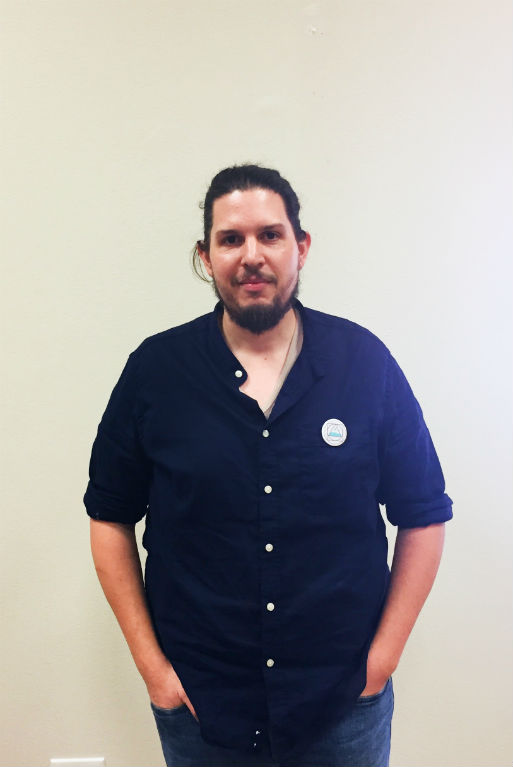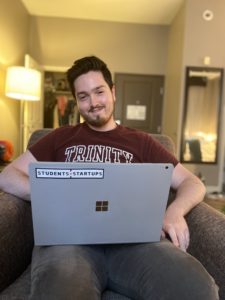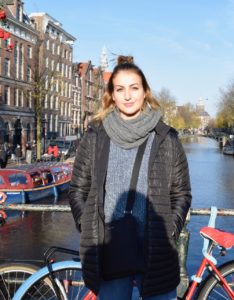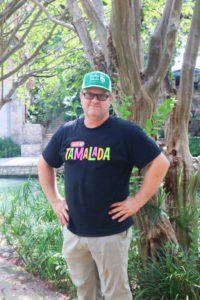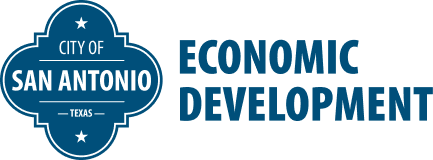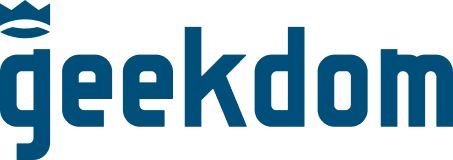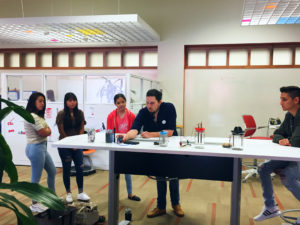 Ryan Beltrán started out as a documentary filmmaker. On his travels, he learned about a process called electrocoagulation that removes contaminants from water with an electric current. “I saw a story there,” he says. “I didn’t know where it would lead me.” From that curiosity grew a passion, and eventually Elequa, nonprofit with a program that provides kits to students to design, build, code, and optimize a water filtration system that can be then sent to areas where clean water is scarce. The organization started out as a for-profit operation, but Ryan realized that to really help impoverished communities he wanted Elequa to be open, which he couldn’t do with the patents required by a for-profit business. They pivoted to be a nonprofit.
Ryan Beltrán started out as a documentary filmmaker. On his travels, he learned about a process called electrocoagulation that removes contaminants from water with an electric current. “I saw a story there,” he says. “I didn’t know where it would lead me.” From that curiosity grew a passion, and eventually Elequa, nonprofit with a program that provides kits to students to design, build, code, and optimize a water filtration system that can be then sent to areas where clean water is scarce. The organization started out as a for-profit operation, but Ryan realized that to really help impoverished communities he wanted Elequa to be open, which he couldn’t do with the patents required by a for-profit business. They pivoted to be a nonprofit.
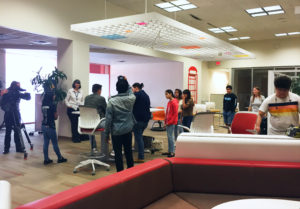 Ryan started his journey with LaunchSA back when Elequa was a for-profit operation. From that relationship, he says “I was introduced to a really interesting community.” He now comes and uses the space just to work on projects and get out of the house. He recently used the Phase One main room to film a segment for the news with some of the Elequa student teams. “That was huge,” he says. “Just having a space to use.” Although LaunchSA doesn’t focus on nonprofit organizations, Ryan has found that he can still utilize the resources, support, and encouragement they provide.
Ryan started his journey with LaunchSA back when Elequa was a for-profit operation. From that relationship, he says “I was introduced to a really interesting community.” He now comes and uses the space just to work on projects and get out of the house. He recently used the Phase One main room to film a segment for the news with some of the Elequa student teams. “That was huge,” he says. “Just having a space to use.” Although LaunchSA doesn’t focus on nonprofit organizations, Ryan has found that he can still utilize the resources, support, and encouragement they provide.
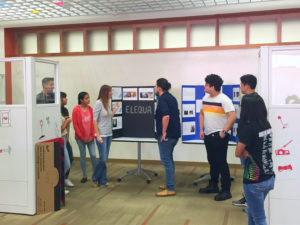 His journey has had high and low points, like any new business. In 2016, Ryan was invited to the Whitehouse Water Summit and then, less than a week before the summit, the organizers said that Elequa needed to be affiliated with a bigger entity, to ensure that they were legitimate, or they couldn’t attend. He had just met Lynne Christopher with the San Antonio Water System (SAWS) and so he asked if she would sponsor him. She said yes, and the next Monday they were at the Whitehouse. From there, Elequa’s relationship with SAWS and the education department grew. Those partnerships connected Elequa with high school teachers and students and alleviated some of the challenge of getting teachers and students both to hear about the organization and dedicate precious after-school time to the project.
His journey has had high and low points, like any new business. In 2016, Ryan was invited to the Whitehouse Water Summit and then, less than a week before the summit, the organizers said that Elequa needed to be affiliated with a bigger entity, to ensure that they were legitimate, or they couldn’t attend. He had just met Lynne Christopher with the San Antonio Water System (SAWS) and so he asked if she would sponsor him. She said yes, and the next Monday they were at the Whitehouse. From there, Elequa’s relationship with SAWS and the education department grew. Those partnerships connected Elequa with high school teachers and students and alleviated some of the challenge of getting teachers and students both to hear about the organization and dedicate precious after-school time to the project.
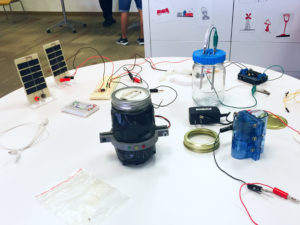 Every year since 2016, Elequa has had teams of students working with the kits, and every year they improve. The kit has just gotten to the point where the hardware is stable and parts from the current kit will be compatible with later versions, which was a problem earlier kits faced. They also just became a 501(c)(3) organization on Earth Day this year. They have teams all over, including a team in Bolivia. Ryan says “It’s not just about the water purification, although that’s important. It’s also teaching kids chemistry, coding, how to build the hardware. That gives them opportunities that eventually generate economic development in their community.”
Every year since 2016, Elequa has had teams of students working with the kits, and every year they improve. The kit has just gotten to the point where the hardware is stable and parts from the current kit will be compatible with later versions, which was a problem earlier kits faced. They also just became a 501(c)(3) organization on Earth Day this year. They have teams all over, including a team in Bolivia. Ryan says “It’s not just about the water purification, although that’s important. It’s also teaching kids chemistry, coding, how to build the hardware. That gives them opportunities that eventually generate economic development in their community.”
The passion of the kids milling around the Phase One room, explaining past year models they’d built and their excitement for the year to come, was evident to everyone present. Teams can sign up for the waiting list on the Make Water website, and as they receive donations they continue to send kits to students ready to learn coding, chemistry, and how to do good for the world in a tangible way. Their current goal is to raise $400 by the end of the summer to provide kits and housing to their team in Bolivia, who are traveling to bring Elequa to small local communities.
